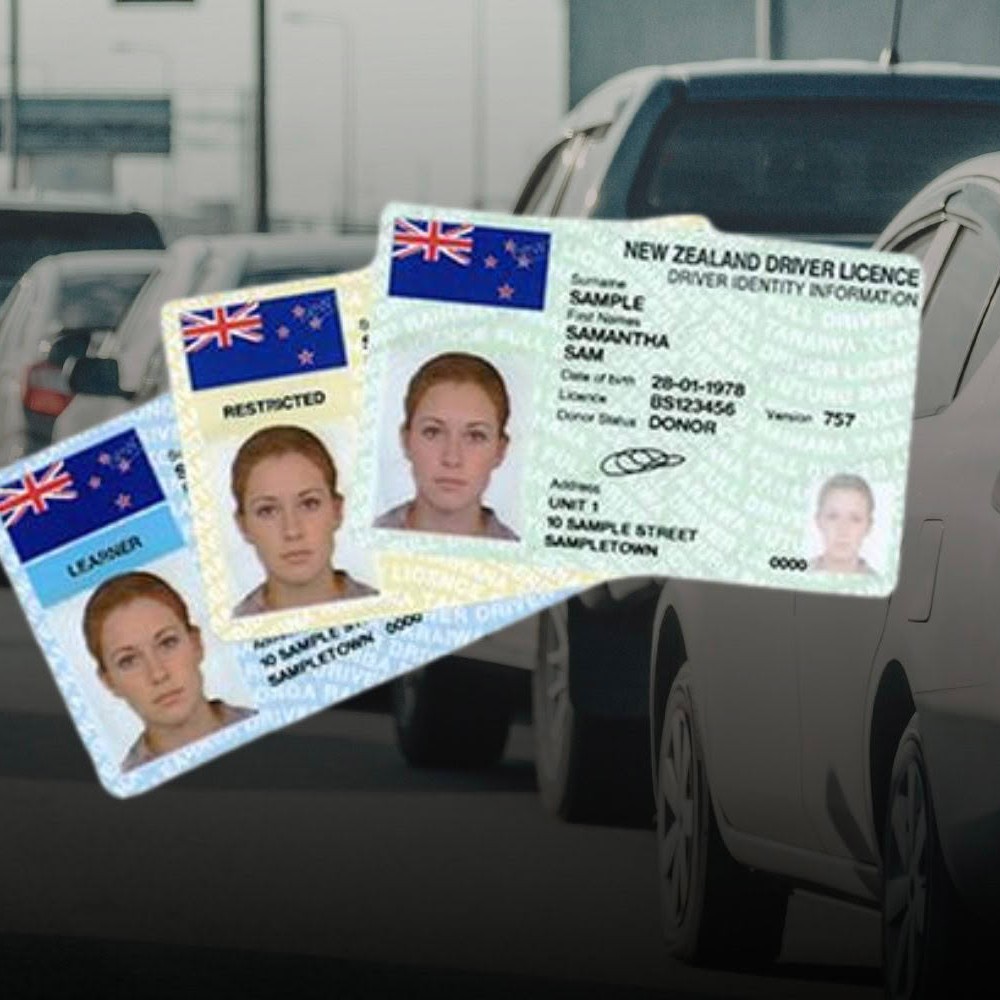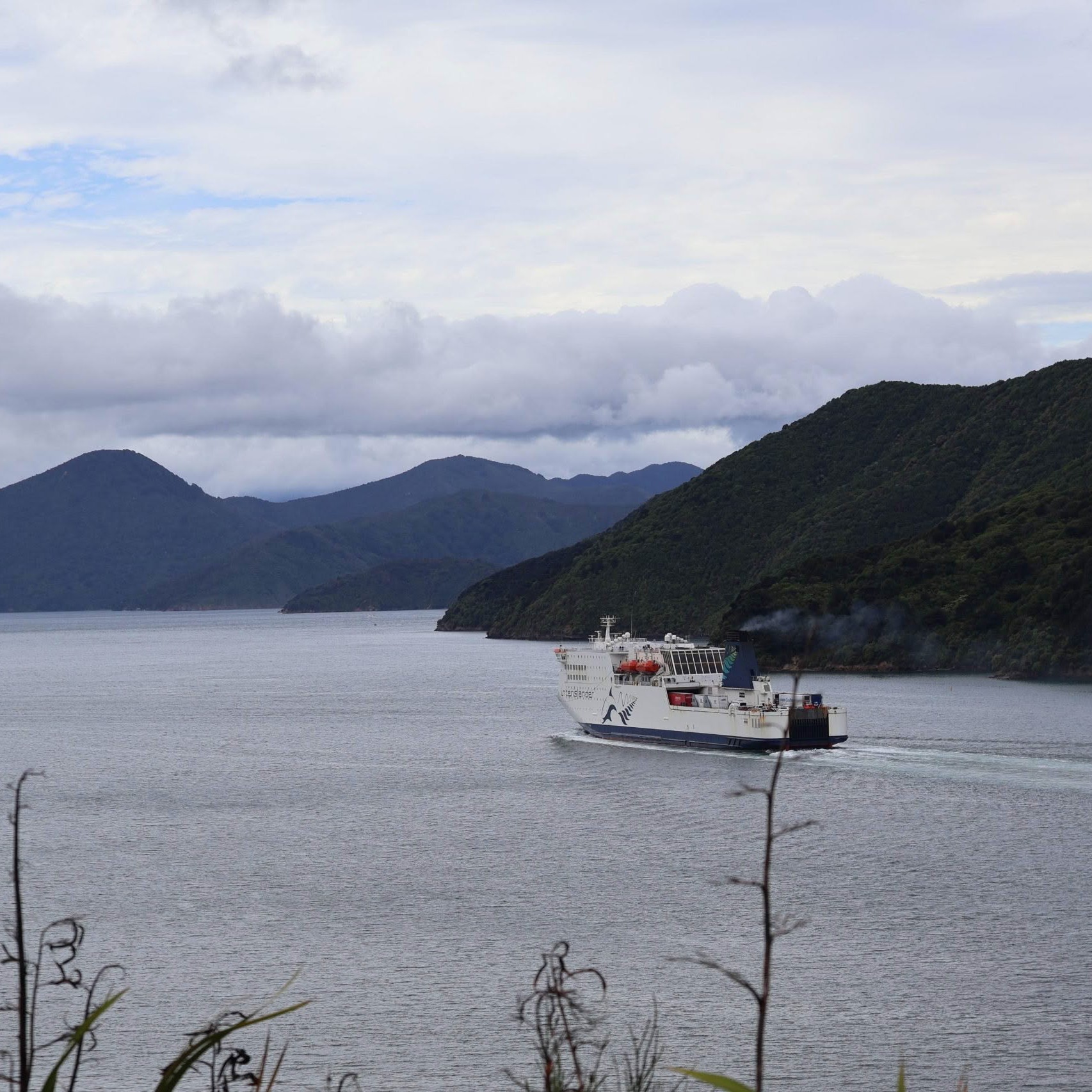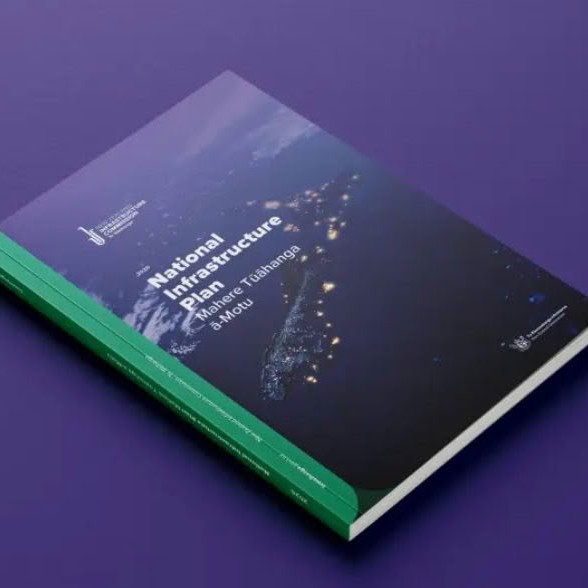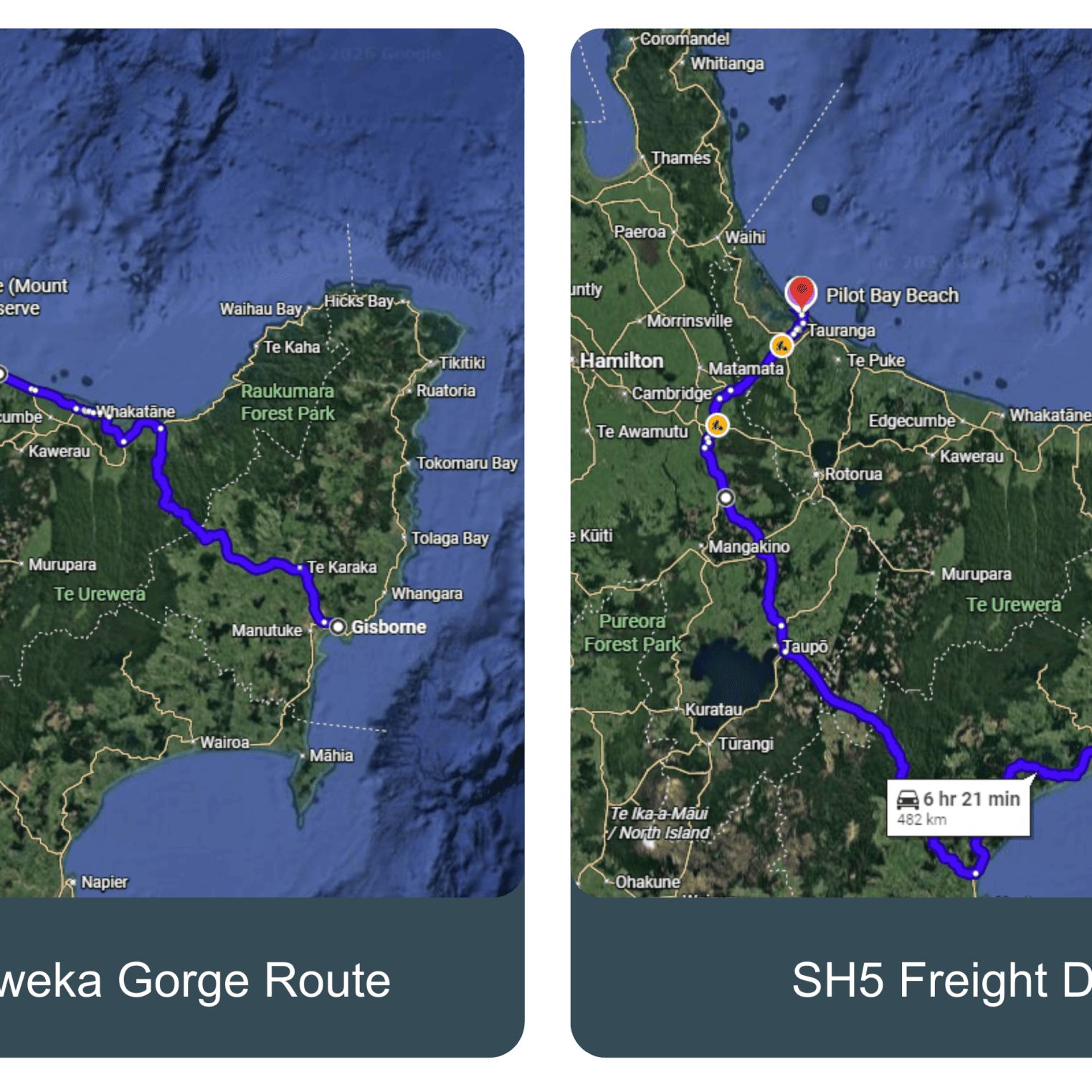
National road freight association Transporting New Zealand has welcomed the certainty provided by Minister Peter’s announcement on the Cook Strait ferry project, saying it will allow the Government to focus on the timely delivery of the supporting port infrastructure by 2029.
Transporting New Zealand Head of Policy and Advocacy Billy Clemens said that it was essential the landside infrastructure, including modifications to the existing Aratere berth in Wellington and a new dual-level linkspan in Picton are delivered before the new vessels arrived.
“Our road freight members want to see the party politics get parked, and a bipartisan focus on delivery.”
“The Cook Strait is an extension of SH1, so having a competitive connection with adequate capacity is essential to our road freight members and the national supply chain. Approximately $30 billion of freight crosses that Cook Strait each year, with Interislander capturing roughly 45% market share and Bluebridge on 55% (according to 2024 MoT estimates).”
“The Government’s focus needs to be avoiding the delays and cost blowouts that have plagued Project iReX and many other major transport and infrastructure developments around the country.”
“The Government’s decision to procure rail-enabled vessels, against the advice of the Government’s Ministerial Advisory Group, presents an additional risk of cost escalations, as the Ministry of Transport noted back in 2023. This risk will have to be closely monitored.”
“Ferry Holdings Limited, and the shareholding Ministers of Transport, Rail and Finance all need to be focussed on prompt delivery of the Cook Strait Ferry Replacement Work Programme. We are reassured to see Ferry Holdings has a clear statement of intent and performance indicators, and look forward to meeting with their CEO shortly.”
Clemens says that freight companies want to see Interislander and Bluebridge taking steps to ensure adequate freight capacity over the next four years, including prioritising time-sensitive freight over passenger transport where necessary.
“With only four ferries currently operating, Interislander and Bluebridge are going to have to carefully manage freight capacity, or we will see price hikes and costly delivery delays for businesses and consumers.”





